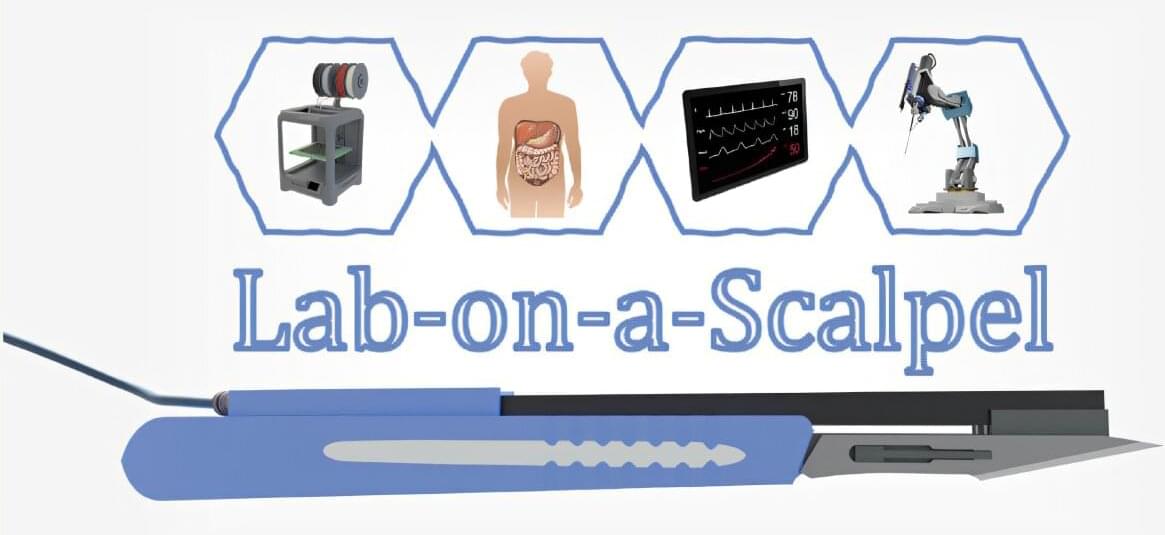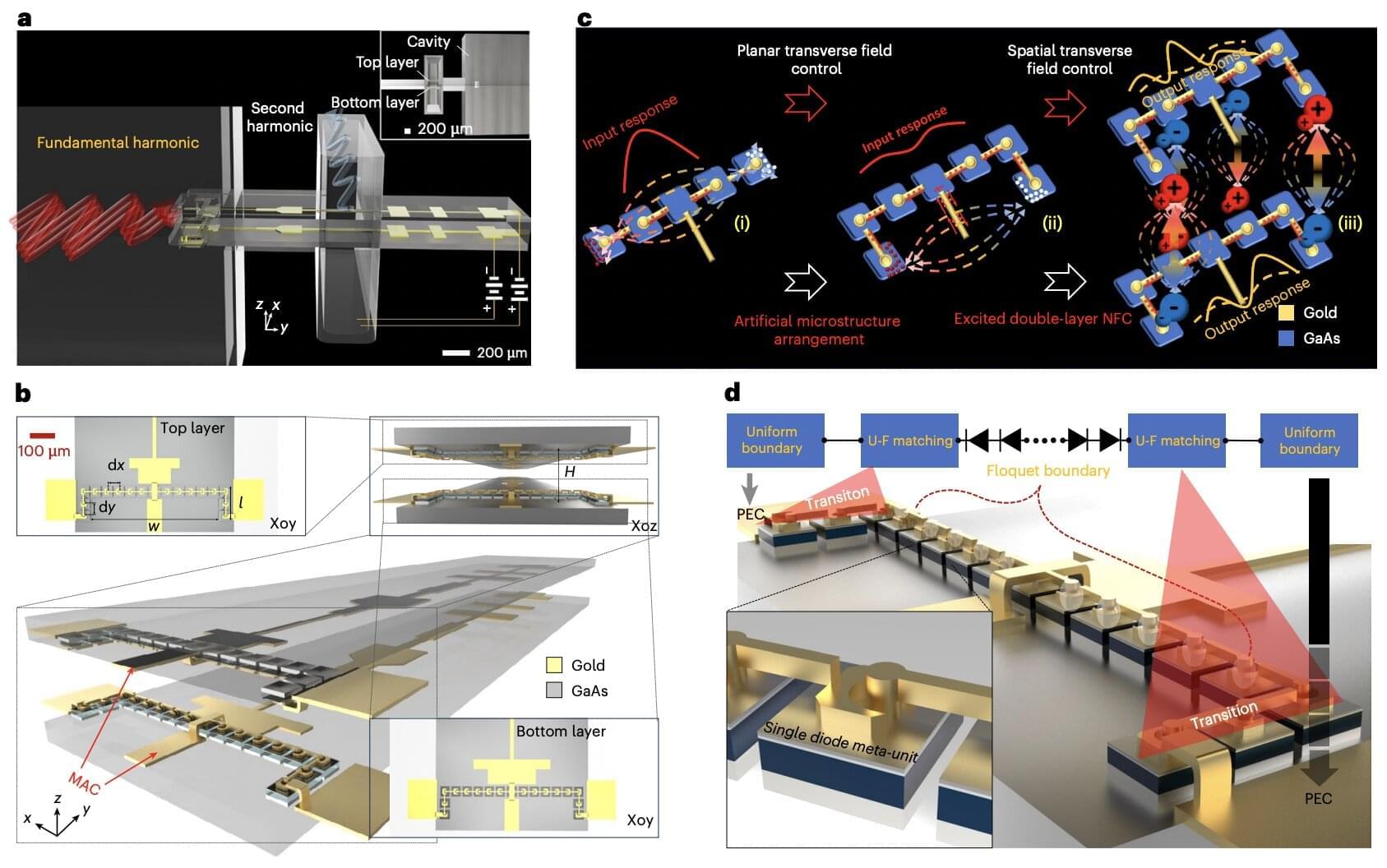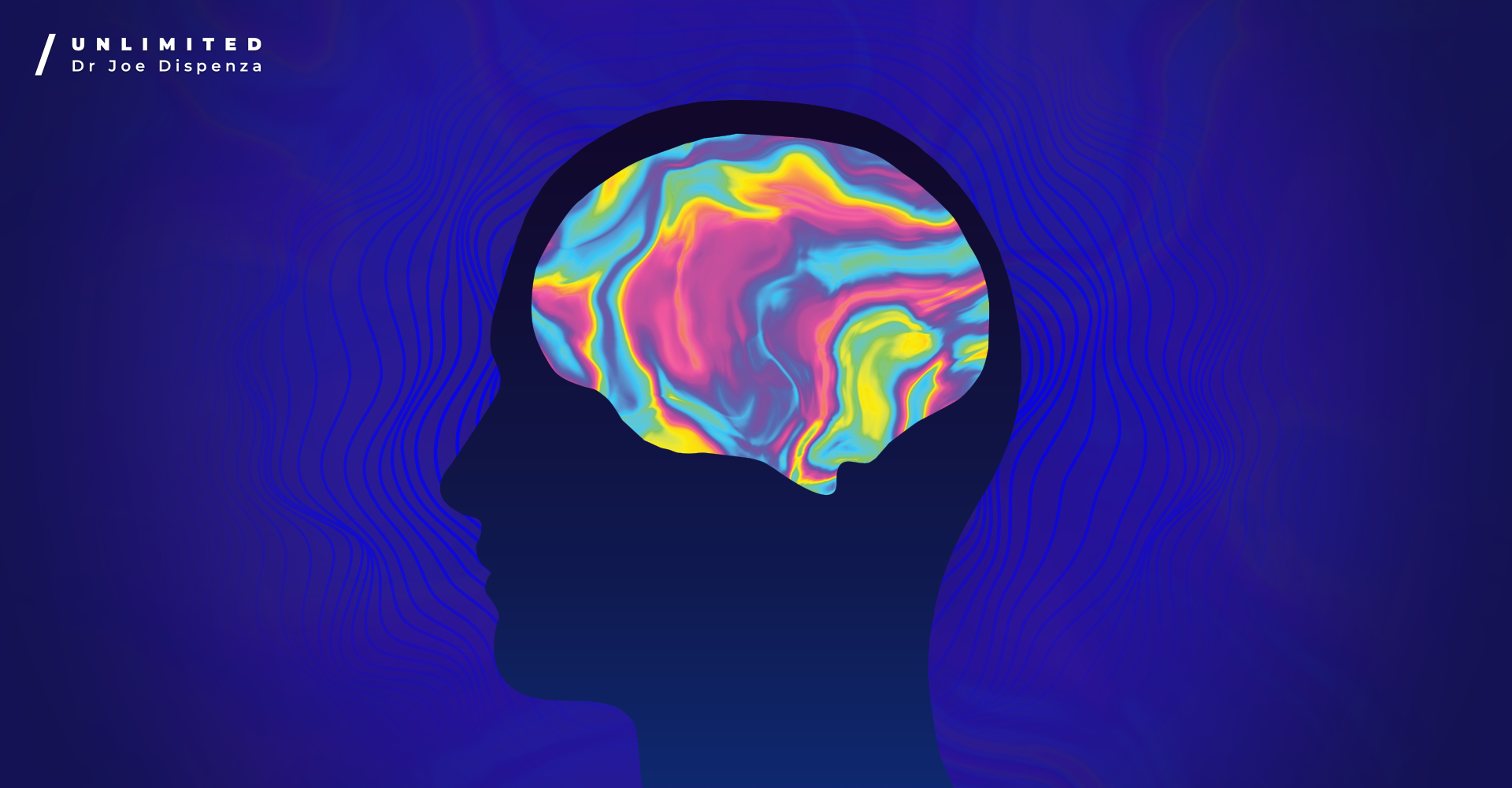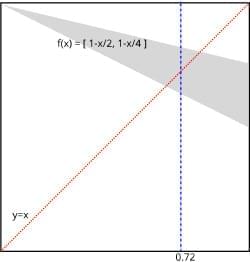Imagine a surgeon in the middle of a complex operation, able to get instant biochemical feedback not from a lab down the hall, but from the very tool in their hand. This vision is now one step closer to reality thanks to researchers at the University of Chemistry and Technology, Prague (UCT Prague).
The team, led by Professor Zdeněk Sofer, has developed and validated a “Lab-on-a-Scalpel” concept, a surgical tool with an integrated diagnostic sensor. They published their findings in the journal Analytical Chemistry.
This innovation addresses a critical challenge in surgery: the time lag between sample collection and lab results. During invasive procedures, a patient’s biochemical profile can change rapidly, but traditional testing methods are too slow to provide the real-time data needed for immediate, informed decisions.








